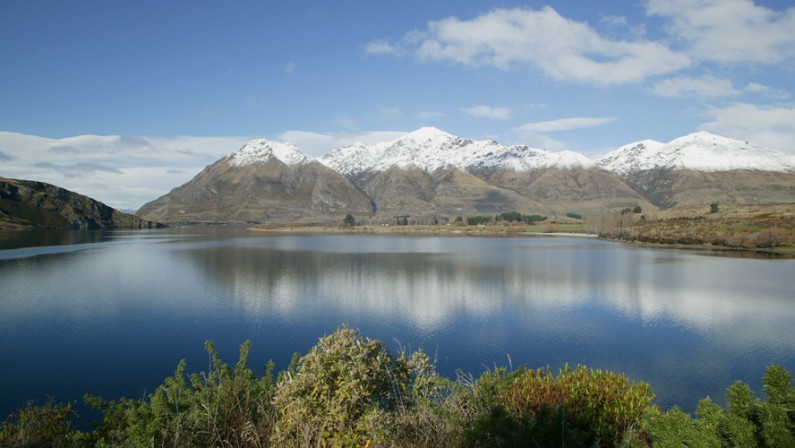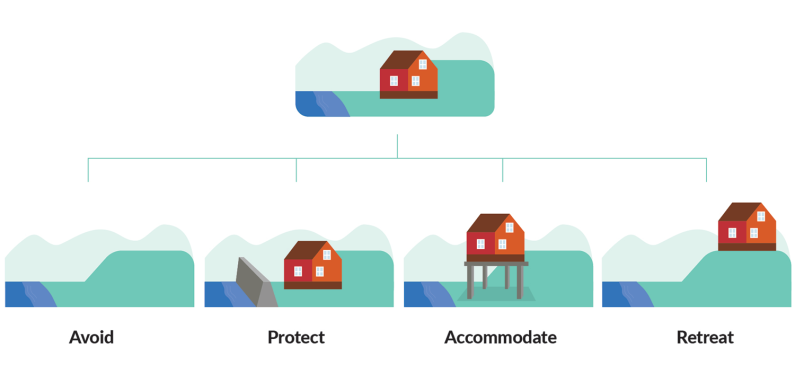Managed retreat
Managed retreat means moving homes, businesses, sites of cultural significance or taonga out of harm’s way in a carefully planned process.
Managed retreat means moving homes, businesses, sites of cultural significance or taonga out of harm’s way in a carefully planned process.
Our climate is changing due to human-induced greenhouse gas emissions which are warming the global climate system.
Aotearoa New Zealand’s first National Climate Change Risk Assessment found that New Zealand’s climate is warming, sea levels are rising, and extreme weather events are becoming more frequent and intense.
We are significantly exposed to natural hazards such as floods and erosion. Around 750,000 New Zealanders, and 500,000 buildings worth more than $145 billion are near rivers and in coastal areas already exposed to extreme flooding. There are also a number of major urban centres, taonga and sites of cultural importance at risk.
The impacts of natural hazards are felt by everyone. Climate change is likely to make these events more frequent and severe.

We can adapt to climate impacts by:
The image below illustrates the avoid, protect, accommodate and retreat options.

The Ministry consulted publicly on retreat alongside the draft national adaptation plan in April and May 2022. We asked questions on:
In particular, we asked how retreat could affect Māori and Māori land.
There are many Māori communities in coastal fringes and lowland areas that are already exposed to flooding, erosion and sedimentation. These risks are projected to increase with sea-level rise.
Other Māori-owned land is steep and susceptible to damage from high-intensity rainstorms. About 80 per cent of land and ocean-based resources owned by Māori are held in multiple or communal ownership.
Feedback from draft national adaptation plan consultation informed the first national adaptation plan, published in August 2022, and has fed into the development of policy options for community-led retreat.
In 2023, Parliament’s Environment Committee opened an inquiry into adaptation, looking into how retreat could become part of New Zealand’s climate adaptation system, and how the costs of adaptation could be met. Approximately 150 public submissions were received.
To support submissions, the Ministry for the Environment published a paper exploring the issues and options, including who could make adaptation decisions, how they could decide, how communities could be involved, and how the costs could be shared.
See also technical report produced by an Expert Working Group on Managed Retreat.